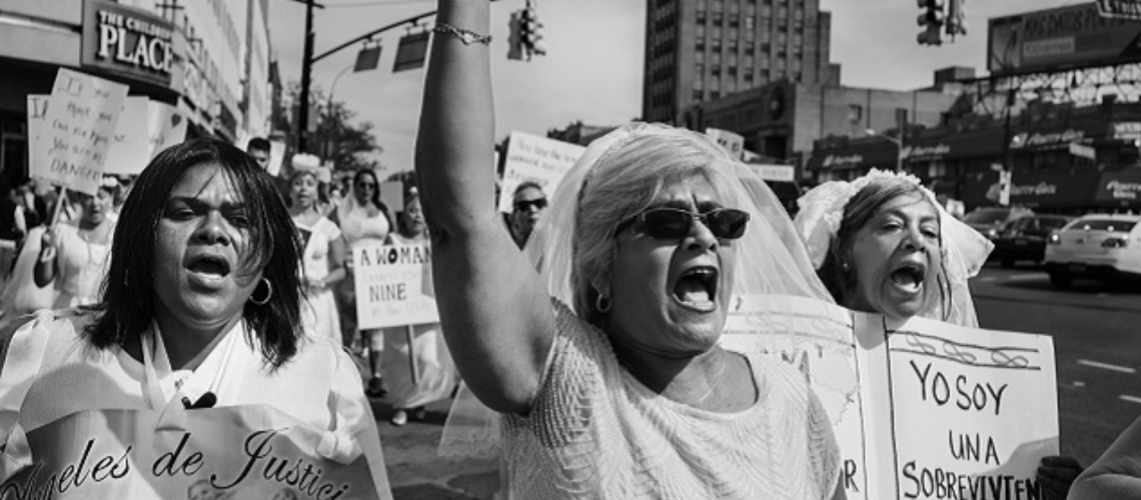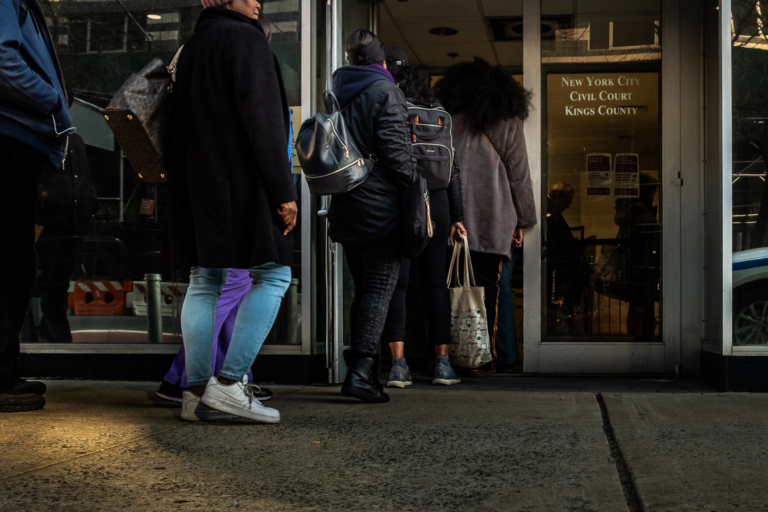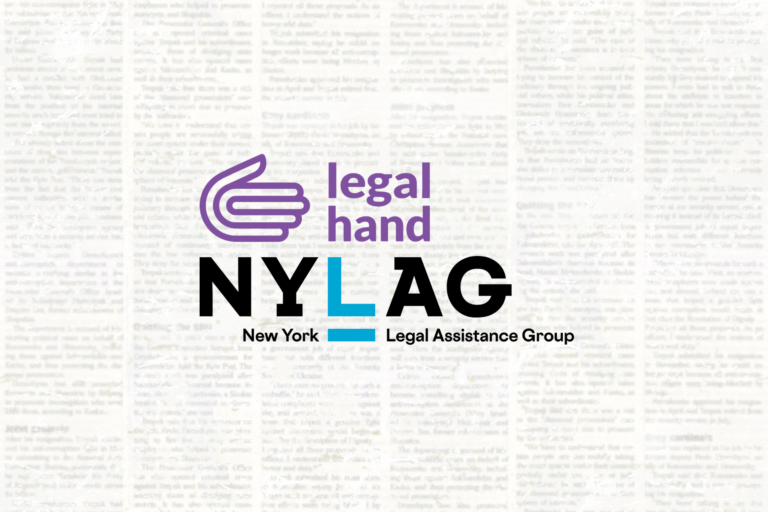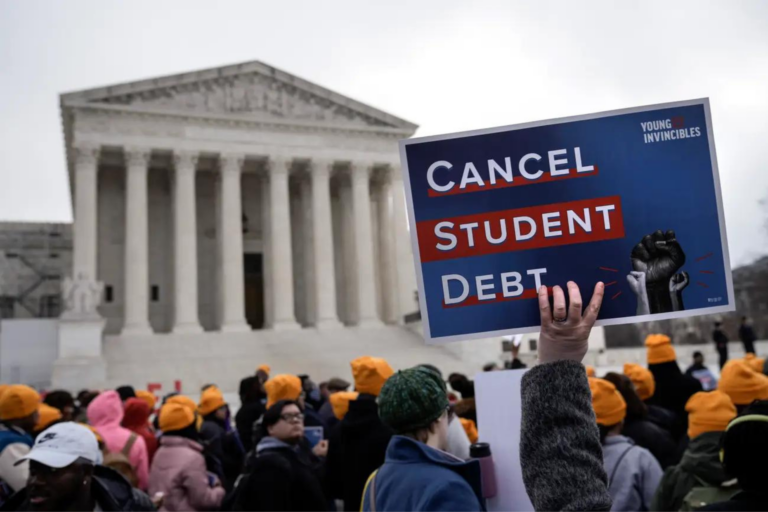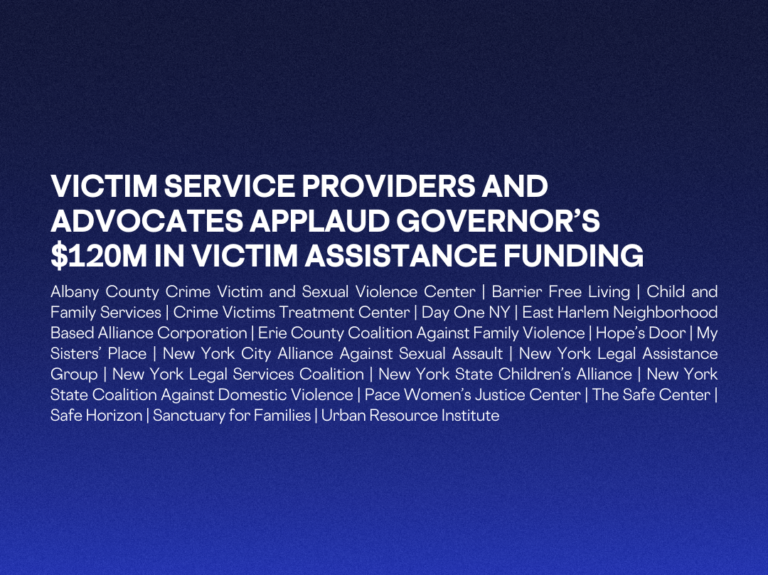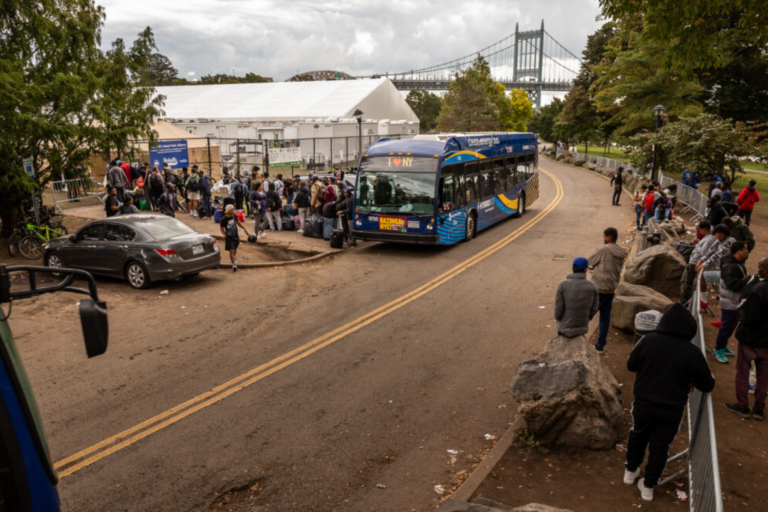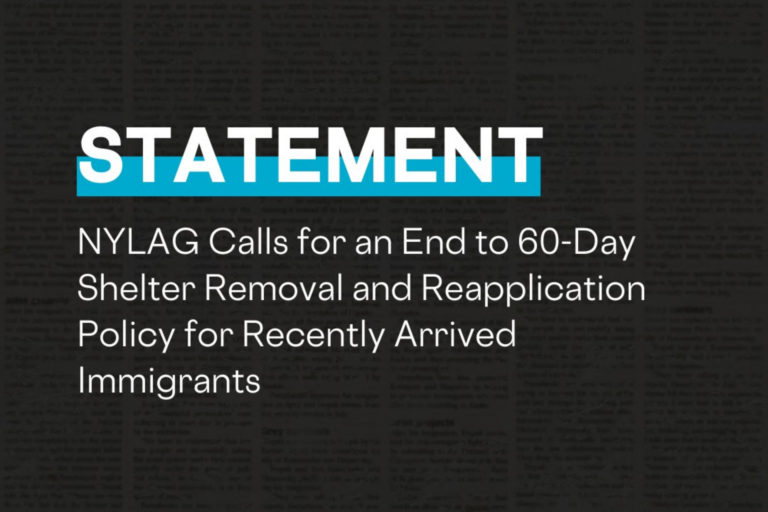By Lindsay Holcomb
Truthout
Clad in flowing bridal gowns and singing chants for gender justice, more than 200 women took to the streets of upper Manhattan and the Bronx on September 26, marching seven miles in the annual Brides’ March to raise awareness about domestic violence, particularly in the Latino community. While this was the march’s 17th consecutive year, centered as always around the death of Gladys Ricart, a Dominican woman killed on her wedding day in 1999, the mood was more politically preoccupied than in years past, as Latinx victims of domestic violence now face a president intent on stripping the rights of women and immigrants. In light of a series of executive orders from the Trump administration heightening immigration enforcement, as well as the increasingly tenuous status of the Violence Against Women Act (VAWA), the Brides’ March has never occurred at a time when immigrant survivors of domestic violence have been so threatened by the same institutions intended to protect them.
“Women, right now, our rights are under attack,” state assembly member Carmen de la Rosa told the crowd. “We live in a time where women feel as if they cannot report a domestic violence incident because it will mean an eviction or a deportation; they feel like they are going to lose their children. We have a political system that is not designed to advantage women, but men.”
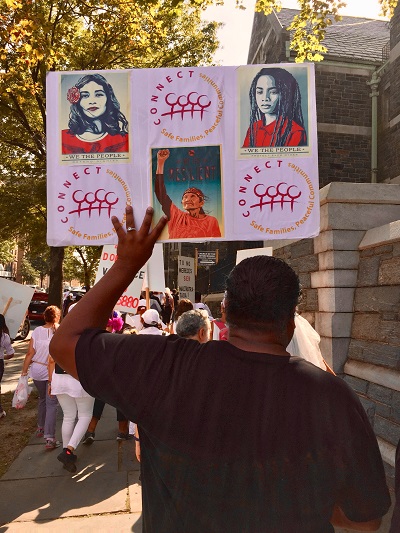
One of the marchers’ male allies, wearing black as a symbol of mourning, holds a sign promoting safe communities.
(Photo: Lindsay Holcomb)
In earlier years, victims of domestic violence could report their crimes to the police under VAWA without fear of their immigration status being used as cause for deportation, but now these protections are not as clear. A February memoissued by the Department of Homeland Security stated that the agency will no longer exempt specific categories of undocumented immigrants from removal, rendering victims of violence vulnerable to deportation simply for seeking help from the police. Earlier this year, an undocumented trans woman in El Paso, Texas, was arrested by an ICE officer in the courtroom as she requested an order of protection against her abusive boyfriend, prompting a surge of concern from immigrant advocates throughout the country.
“With everything in this current climate, people are really afraid,” explained Amanda Doroshow, an immigration attorney at Her Justice, a nonprofit organization that facilitates access to free legal help for women living in poverty in New York City. Doroshow handles clients applying for U-visas, which offer lawful status to victims of certain crimes and who cooperate with law enforcement authorities, under VAWA. “There are protections in New York, but we can’t guarantee that if we go to court, ICE won’t be in the room. ICE has appeared in and around many courtrooms and arrested many people in New York City — some of whom have not yet been convicted of a crime.”
While ICE officers have not intervened in domestic violence proceedings in New York City courtrooms, they have arrested undocumented immigrant defendants as recently as September. Amanda Beltz, acting director of the Matrimonial and Family Law Unit at New York Legal Assistance Group, explained that news circulating about these types of events were magnified in her clients’ communities, giving them pause before applying for social services, going to the hospital or even taking their children to school.
“All of our clients who are immigrants have expressed fear about coming into contact with the police and with ICE,” explained Beltz, who helps to oversee U-visa applications for some of the approximately 1,200 domestic violence clients represented by New York Legal Assistance Group. “We are doing our best to calm those fears, but we are being more careful given the circumstances. The more difficult applications — for example, where the crime for which the client is being certified happened long ago, or where the corroborating evidence is minimal that we would have filed in the past — we have to seriously assess and talk to our clients about the risks. Two years ago, we would have filed them without a doubt…. Tensions are high.”
During the march, organizers worked to assuage fears, encouraging victims to continue to support each other and to report their abuses despite concerns about potential arrest or detention. Employees and volunteers from the Dominican Women’s Development Center, the Violence Intervention Program and the Northern Manhattan Improvement Corporation, who joined forces to organize the march, passed out flyers to passersby listing hotlines connecting victims to various advocacy groups. The NYPD responds to more than 230,000domestic violence incidents each year, a majority of which occur in the South Bronx and Upper Manhattan. Dozens of women — some waiting at bus stops, some walking their children to school, some sitting on stoops — eagerly took the materials.
“The priority now is to ensure legal services for the immigrant community, and to guarantee that the survivors have help,” said Karina Bernabé, director of the Dominican Women’s Development Center. “This isn’t possible if the community doesn’t know there are resources or that there is a community of other survivors out there. We can’t make any guarantees, but we are telling them that it is better to get help than to stay in an abusive situation.”
Some of the marchers explained that they had experienced this dilemma firsthand, living for years caught between fear of the physical abuse of their partners and fear of arrest or detention by ICE.
Leslie,* an undocumented survivor from Honduras, sought help through Northern Manhattan Improvement Corporation’s Domestic Violence Program. Leslie said that she had resisted going to the police until she realized that it was only by reporting her partner’s threats that she could receive an order of protection against him and petition for a U-visa. Having secured a safe place of her own, she is now using her experience to encourage other undocumented women to come forward and seek assistance from the authorities.
“I know that there is a lot of fear, and I was afraid, too, but I just said, ‘I am not going to stay fearing the law.’ The law can help us,” Leslie said. “I always tell women, ‘Don’t be afraid. You have to find it in yourself to be strong.’”
According to Kelly Guajardo, communications and policy manager at the Violence Intervention Program, for undocumented survivors, a major barrier to reporting their experiences is the heavy reliance on the criminal legal system in the mainstream response to domestic violence. As Guajardo explained, victims are directed not to social services, but to court hearings, and interviews with the police and the district attorney’s office tend to incite fear in those with complicated legal statuses. Because gaining protection from their abusive partners demands interaction with authorities capable of referring them to ICE, many women are more hesitant to seek help in the more fraught immigration climate engendered by the Trump administration.
“The fear of deportation keeps many from calling the police or otherwise seeking out assistance from governmental agencies with real or perceived ties to ICE,” Guajardo said.
Beltz agreed, adding that in her experience representing survivors during the U-visa process, one of the major concerns expressed by clients is fear around obtaining the required certificate of good conduct from the police department. “It’s terrifying for them to go down to One Police Plaza,” Beltz said. “They’re basically showing up and saying, ‘Hi, I’m undocumented, please take my fingerprint.’ We’ve never had any issues, but it’s scary.”
In the coming months, however, public funding for domestic violence services might be substantially reduced or cut altogether as the Violence Against Women Act comes up for reauthorization in Congress. Since the bill has faced considerable resistance in the past under administrations far less hostile to immigrants than the Trump administration, many advocates for immigrant victims of domestic violence are nervous, fearing that many will be put at risk.
“If VAWA isn’t reauthorized, or if it is substantially cut, it would be horrific for our clients,” Doroshow said. “There are so many ways that it would affect our clients’ lives that it would really be unimaginable. We need that advocacy.”
Karina Aybar-Jacobs, one of the organizers of the Brides’ March, echoed these sentiments.
“If these cuts went into effect, it would put us 20 years back,” Aybar-Jacobs said. “Over 260,000 victims would not be able to access shelters and protection. Everyone needs to call their congressmen and demand that VAWA be reauthorized.”
On October 24, Aybar-Jacobs and other Brides’ March organizers are leading a trip to Washington, DC, to rally and speak with congress members, regarding the need to ensure continued protections for domestic violence survivors of all immigration statuses.
“Enough is enough,” Aybar-Jacobs said. “We are tired of the political abuse, the social abuse, and the physical abuse. We will never stop marching until there is not one more woman who loses her life to this epidemic.”
* She did not want me to use her full name because of her uncertain status.

